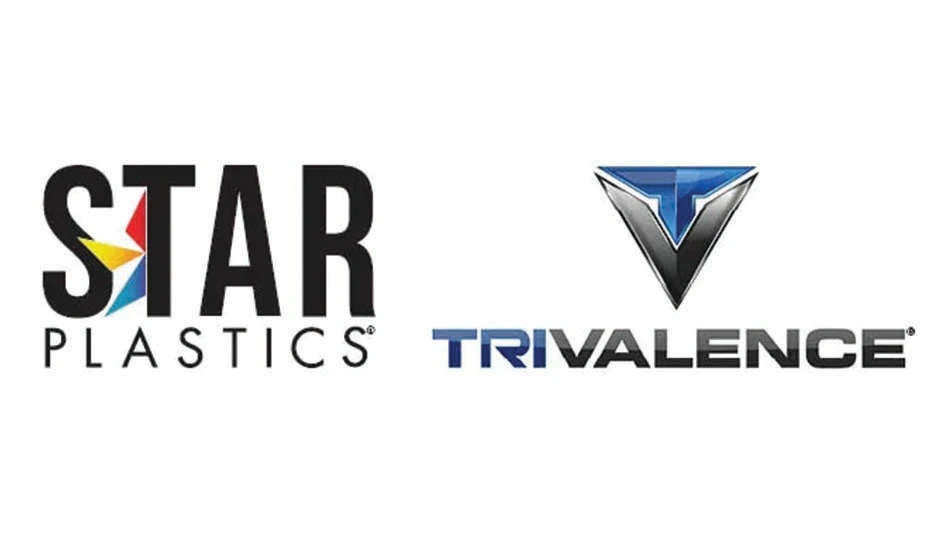The Institute of Scrap Recycling Industries Inc. (ISRI, www.isri.org) has submitted a letter requesting tightened restrictions for companies providing hedging services for metals firms. The letter is in part a response to the collapse of financing firm MF Global in October 2011.
The ISRI letter notes that with the greater acceptance of hedging as a strategy used by metals recyclers to reduce the risk inherent in buying and selling metals, metals recyclers maintain accounts to cover margin requirements as well as cash proceeds that can result from changes in trading positions and/or market fluctuations. The margin requirements are mandated by the commodity exchange serves as collateral for metals recyclers’ trading activities.
ISRI’s letter notes that currently “except as prohibited by applicable law, all collateral now or hereafter held or carried by the clearing firm (CF) for customer may, from time to time, without notice to customer, be pledged, hypothecated, loaned or invested by CF to or with CF or others, separately or with any other property is requesting association members, as well as other parties, who are involved in hedging some of their metals to request that the Commodity Futures Trading Commission (CFTC) to give them the option to opt out of granting futures firms access to their funds for investment purposes.”
ISRI writes that in order to restore confidence and trust within the commodity futures markets, and following many public hearings and investigations, the CFTC has proposed new regulations “enhancing the protection of customer funds,” and addressing some of the issues that came to light from the collapse of MF Global.
Mark Weintraub with Premier Metal Services, a Cleveland-based scrap metal recycling firm, helped craft the ISRI letter. In the ISRI filing, Weintraub notes that MF Global’s failure exposed several systemic problems within the commodity futures trading industry and its oversight regime. As a result, companies that not only produce metal products, but also generate scrap metal whose pricing is driven by the metals markets, are affected by those systemic flaws. Prior to MF Global’s downfall, metals merchants conducted hedging as a risk mitigation tool without concern that collateral or margin money held on account by futures commission merchants was at risk. However, that has now changed.
In October 2012, the CFTC issued its proposals which were put forth for public comment on Nov. 14, 2012. ISRI’s Nonferrous Subcommittee analyzed the proposals and concluded that although it supported the proposals, the proposals were insufficient to fully protect clients of futures trading firms.
In a letter submitted to the CFTC, ISRI writes that "Commodity customers are powerless to negotiate changes. We ask that the CFTC mandate that futures commission merchants (FCMs) provide commodity customers the option to ‘opt out’ of granting FCM access to invest customer funds yet permit those commodity customers to continue to actively trade."
To generate greater support for its position, ISRI is asking its members to submit comments in support of the letter. “As a practical matter, to truly have an impact on the process we need to generate a ground swell of interest,” Weintraub says.
ISRI says interested parties can submit their own position or, if in agreement with the ISRI Public Comments, file comments agreeing with and citing to ISRI’s position. The comment period ends Jan. 14, 2013. Those wishing to comment on the policy can click here.
Get curated news on YOUR industry.
Enter your email to receive our newsletters.
Latest from Recycling Today
- LG details recycling activities
- Algoma EAF is up and running
- Toyota-Tsusho completes acquisition of Radius Recycling
- CATL, Ellen MacArthur Foundation aim to accelerate circular battery economy
- Commentary: Expanded polystyrene is 98 percent air, 2 percent plastic and 100 percent misunderstood
- AMCS appoints general manager for North America
- How tariffs, regulations affect LIBs recycling in US, EU
- Schwan Cosmetics introduces packaging free of styrene, ABS






